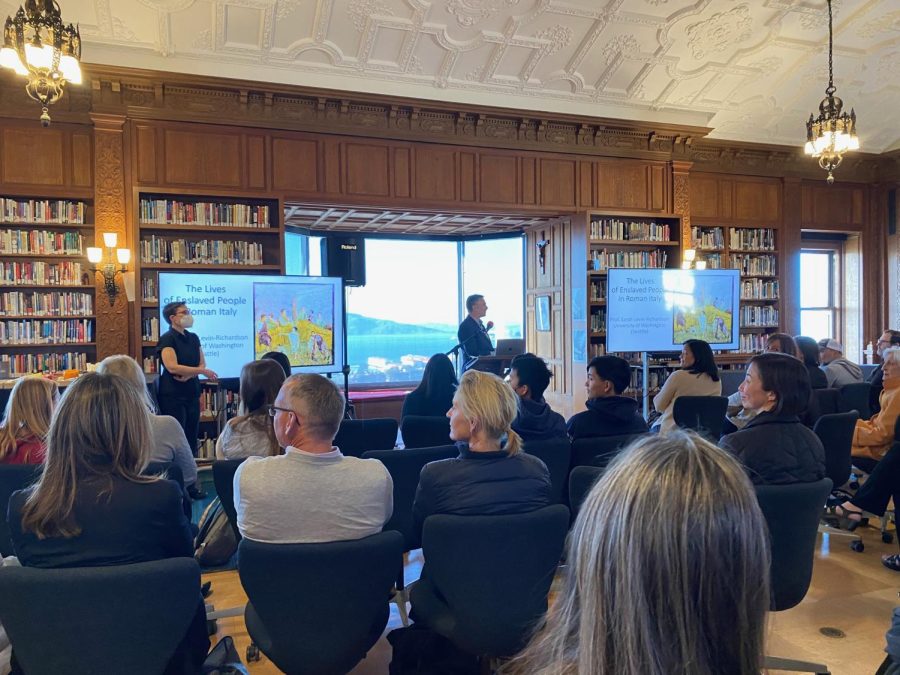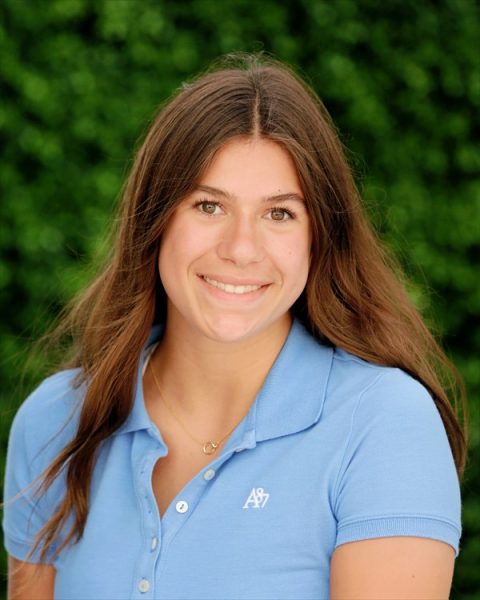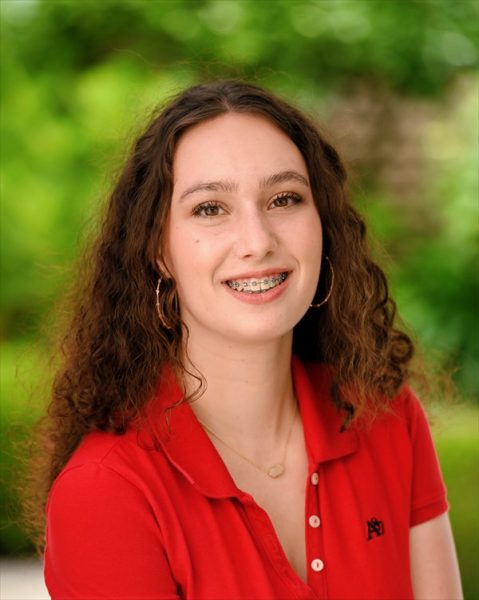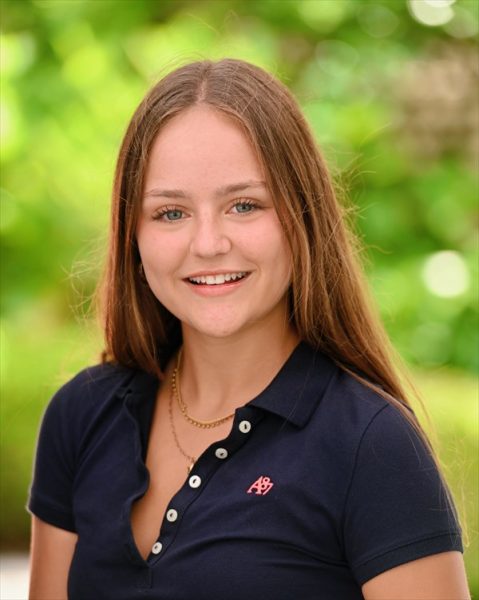Latin lecture
6th annual Latin Lecture held
Students, parents, faculty, and Latin teachers from San Francisco gather in the Williams Library to hear guest speaker Sarah Levin Richardson.
April 13, 2023
A guest speaker came to the Mother Williams Library tonight to speak for the 6th annual Latin Lecture tonight. The speaker, Sarah Levin Richardson, is an Associate Professor of Classics at the University of Washington.
Professor Levin Richardson is a professor who focuses on Roman material culture, which are artifacts from ancient Rome. She uses material culture to investigate questions on gender and sexuality in ancient Rome, according to World History teacher Lauren O’Donnell.
“Professor Richardson’s talk today focused on enslaved people, which is a topic that is really well-served by looking at material culture as textual representation of enslaved people in ancient Rome tends to gloss over the negative and oppressive system they endured,” O’Donnell said. “Everyone, no matter their status, leaves some kind of material trace in the world, so you get a better glimpse of how people who were enslaved lived,”
The event began at 5:30, with food and drinks provided, and the talk started at around 6:15. Last year’s lecture was a presentation by Professor Rebecca Futo Kennedy — to speak about women and poverty in the ancient world.
“It was really interesting to learn about how archeologists can analyze small things like graffiti and get the bigger picture of daily life,” freshman Noella Tae said. “I started to understand how life actually was for people who were enslaved and what their living situation was like,”
Students, teachers, and parents all gathered in the library for the talk. Around 100 people were present, which only brings more anticipation for next year’s talk, according to Tae.
“I’m looking forward to next year’s talk if there is one, especially because it ties well into the Roman life we’re learning in both my history and Latin classes,” Tae said. “I really enjoyed listening to the talk and I think it’s really nice that the school is able to host these lectures,”
During the talk, Richardson spoke about artifacts from the city of Pompeii, which had been buried in volcanic ash. Artifacts such as the living spaces of enslaved people, tombstones of enslaved people, political writing, and art pieces depicting life as an enslaved person were discussed throughout the hour-long talk.
“I appreciated the ways she highlighted material culture and archeology specifically as a way to piece together understandings on groups of people like enslaved people who didn’t have the ability to write written records for themselves since they weren’t given the education to read and write,” O’Donnell said. “Her investigation of material culture to better understand the ancient world is impactful.”










